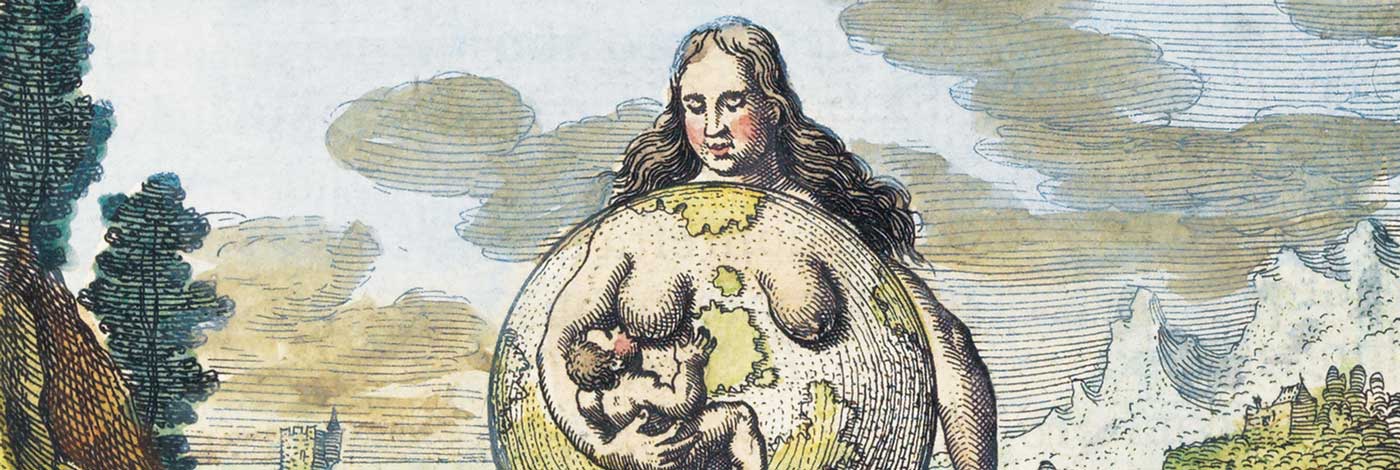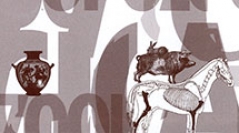

 Anthropozoologica
45 (1) - Pages 101-114
Anthropozoologica
45 (1) - Pages 101-114For at least five centuries, Flathead mullet (Mugil cephalus Linné, 1758) has been fished on the Atlantic Coast of Mauritania, in the Banc d’Arguin area, by a few imragen families, who distinguish themselves amongst Moorish people by the practice of a seasonal fishing. The mullet is also subject to singular consumption practices: every year, pastoralist families from the Atlantic fringe of the Sahara invite themselves amongst Imragen in order to follow a cure by eating boiled or dried fish and fish oil. Since this Bedouin and Muslim society considers that only ruminant or wild land animal meat is good to eat, mullet consumption constitutes an exception. The aim of this contribution is precisely to scrutinize this exception and the way it is culturally constructed and socially “managed”. What makes this meat and its consumption an exception? What kind of cultural adjustments mullet consumption has obliged to make? In a recent context of protection of the Banc d’Arguin area and overfishing, has the mullet locally preserved its singular status?
Flathead mullet, singular use, Pastoralists, Nomads, Muslims, Imragen, Mauritania.